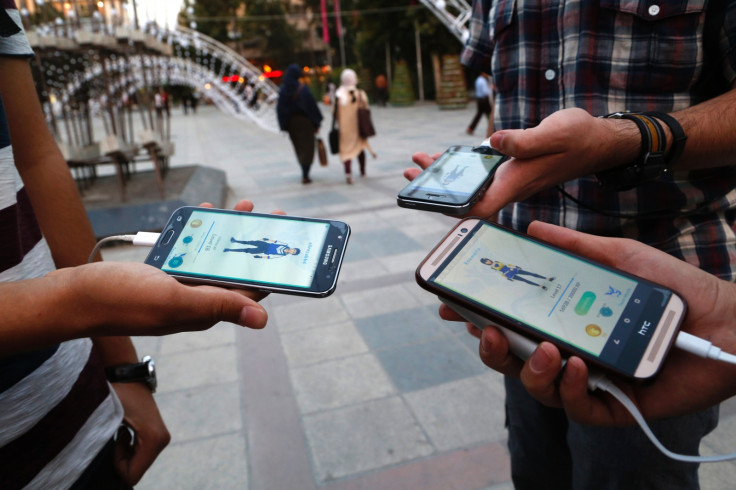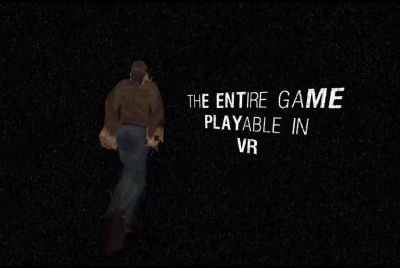Iran becomes the first country to ban Pokemon Go over 'security concerns'
Since its launch in early July, the game has officially been released in over 35 counties so far.

Pokémon Go, the smash hit augmented reality game that people across the globe can't seem to get enough of, has officially been banned in Iran citing unspecified "security concerns." According to the BBC,the Iranian High Council of Virtual Spaces - the official body that oversees online activity - has prohibited the use of the GPS-powered app within the country.
Although many countries and officials have expressed security concerns over the wildly popular game, Iran is the first country to introduce an official ban of Pokémon Go.
Since its launch in early July, the game has officially been released in over 35 counties so far, garnered over 100 million downloadsand continues to rake in an estimated $10m in daily revenue. The game has also broken multiple records in just a few weeks and sparked a cacophony of bizarre anecdotes from fans around the world eagerly hunting the beloved critters.
Despite strict Internet restrictions, some fans have said that they managed to access the game in Iran using VPNs.
However, this is not the first time Iran has banned a video game.
In June, the National Foundation for Computer Games (NFCG) blocked the sale of '1979 Revolution' - a narrative-driven title from Ink Stories that explores the struggles of the Iranian Revolution. In 2011, the country banned EA's first-person shooter Battlefield 3 which included a US military raid on Tehran.
"We had a communication through email with the developers of Pokemon Go and with the issue that if the game wants to come to the Iranian market it has to pass through the filtering of the National Foundation of Computer Games along with their cooperation, otherwise we have to filter and block this game in our market," Hasan Karimi Ghodosi, the director of the National Foundation for Computer Games told Mehr News Agency in July, run by the Islamic Ideology Dissemination Organization, according to a translation by anti-censorship blog Advox Globalvoices.
According to Ghodosi, the NFCG had two conditions for the game's creators to roll out the game in Iran - the game's data servers must be located in Iran and any tagged locations within the game would need to be coordinated with the NFCG to avoid including any locations that may be of national security concern.
"If the game makers want to officially enter the Iranian market they have to comply with our rules but from their correspondence we see that they don't have any plans to enter the Iranian market," Ghodosi said. "Iran's gaming market is a complicated market for developers and global companies and for this reason they are not looking into entering our market."
Last month, some Middle East nations including Kuwait and the United Arab Emirates cautioned fans against the security dangers of playing the popular game. Al-Azhar, Egypt's top Islamic institution, also reportedly deemed Pokémon Go "harmful media" that "makes people look like drunkards."
The Indonesian government is looking to issue a ban on playing Pokémon Go in schools, stating that the game makes children "lazy" and damages their minds. The Israeli military has also reportedly forbidden its troops and officers from playing the game as well due over cybersecurity concerns and fears about compromising sensitive information and base locations.
In July, Tan Min-Liang, CEO of gaming hardware and software company Razer, slammed the Singaporean government for its comments that the game "should be closely monitored" for its potential impact on society.
"In case you missed it, gaming is an art form, it's also now the biggest medium for creative expression — far outstripping movies and music," he wrote in a Facebook post. "And try as you might, you're not going to get very far censoring and banning games willy-nilly because games will always find a way — to game (ba-dum-tss) the system."
"
© Copyright IBTimes 2025. All rights reserved.



















